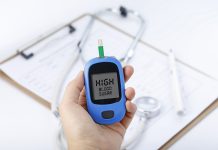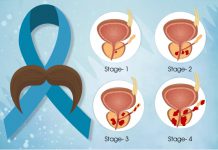What is Alpha-1-antitrypsin?
Alpha-1-antitrypsin (AAT) is a protein produced by the liver that protects our lungs from damage caused by Neutrophil elastase. In case of abnormal Alpha-1-antitrypsin (AAT) or non-functional AAT, neutrophil elastase destroys alveoli in the lungs, resulting in lung disease. The alpha-1-antitrypsin test determines the level of alpha-1-antitrypsin in blood. This test is recommended by a physician if the patient is under the age of 45 and has symptoms such as wheezing, coughing, shortness of breath, or asthma, or if they have a family history of the disorder or conditions like Chronic Obstructive Pulmonary Disease (COPD) or liver disease with unknown cause. ATT deficiency can lead to complications of the lungs, liver, and skin. Reduced ATT levels increase the risk of COPD, emphysema, chronic bronchitis, and liver cirrhosis. AAT levels rise in acute and chronic inflammatory conditions, infections, and hepatocellular carcinoma. ATT levels also increase during oral contraceptive therapy and pregnancy.
Technique
IMMUNOTURBIDIMETRY
Who prescribes
General Medicine, Infectious diseases specialist
Sample type
SERUM
Fasting
Non Fasting









